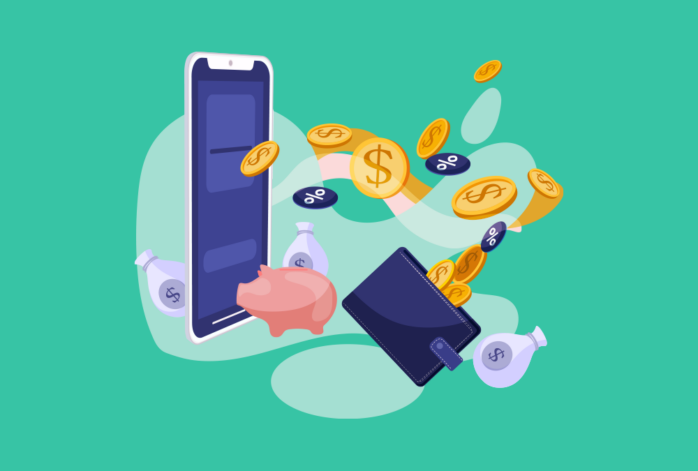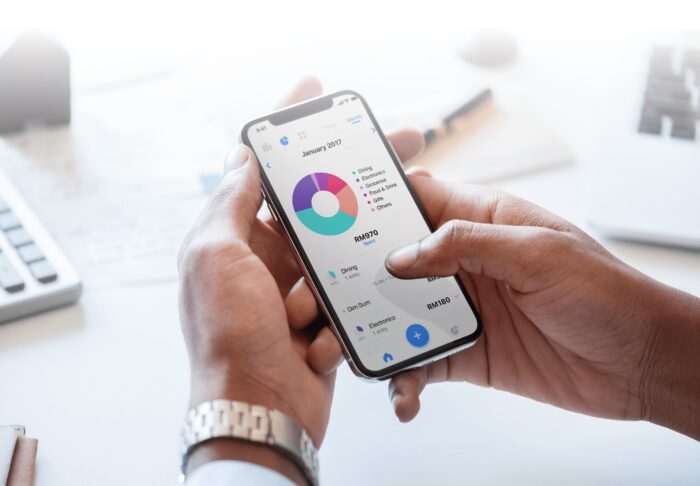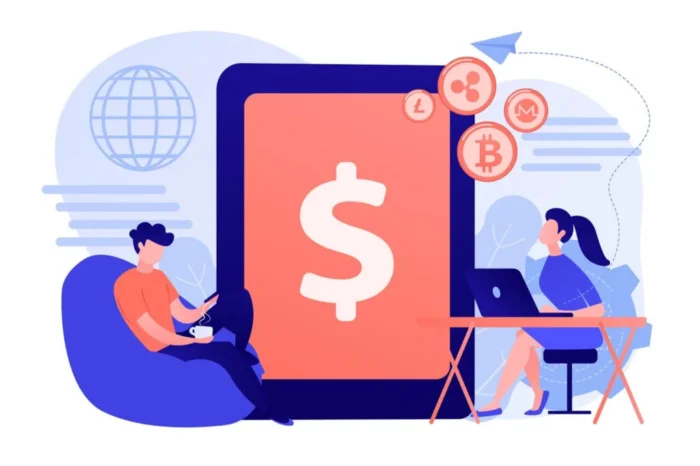
App development, be it for iOS or Android, is a crucial undertaking for businesses today. As companies strive to increase their online presence, applications have become essential tools in providing services and connecting with customers. However, app development can be an expensive venture, especially without a proper budgeting strategy.
This article provides tips and strategies for creating a cost-effective budget for app development projects. Our focus will be on understanding the factors influencing the cost, setting a realistic budget, finding the right team, and optimising your spending throughout the project lifecycle.
In today’s digital age, app development has become a key part of the strategic planning process for businesses, irrespective of their size or industry. Whether it’s for iOS or Android platforms, the creation of bespoke, user-friendly applications is crucial in establishing a strong and competitive online presence. These apps often serve as the frontline in providing services, engaging with customers, and building brand recognition. The omnipresence of mobile devices further underscores the importance of having a business app, given that it allows companies to reach their customers anytime, anywhere.
However, the process of app development is not without its challenges, particularly in terms of cost. Developing an application can be a significant investment. From conceptualizing the idea, designing the user interface, developing the functionality, to post-launch support and maintenance, each phase of the process carries a price tag. If not handled carefully, businesses can easily find themselves overwhelmed by escalating costs and unexpected expenditures, turning what should have been a profitable venture into a costly enterprise.
This is where the importance of an effective budgeting strategy comes into play. Creating a budget that not only keeps costs under control but also ensures the quality of the app is paramount. It requires a careful balance of financial planning, project management, and resource allocation, all of which demand an in-depth understanding of the app development process.
In light of these considerations, this article aims to provide practical tips and strategies for creating a cost-effective budget for your app development projects. We will delve into understanding the various factors that influence the cost of app development, strategies for setting a realistic and flexible budget, insights into selecting the right development team, and methods for optimising your spending throughout the project lifecycle. With these tips at your disposal, you can approach your next app development project with a clear financial plan and a roadmap towards a successful and cost-effective outcome.

Understand the Factors Influencing App Development Cost
Understanding the elements that influence the cost of app development is the first step in crafting an effective budget. Three primary factors typically contribute to the overall cost: complexity, development team, and post-launch support.
Complexity: The complexity of an app depends on its features, user interface, and integrations with other systems. A simple app with basic features will naturally be less costly than a complex app with advanced features like real-time tracking or machine learning capabilities.
Development team: The cost of the development team depends on their location, experience, and size. For instance, experienced developers in developed countries usually charge more than their less experienced counterparts in developing nations.
Post-launch support: Post-launch support encompasses updates, bug fixes, and new features added after the launch. These costs can add up over time, so it’s essential to factor them into your budget from the start.
Setting a Realistic Budget
Setting a realistic budget involves understanding your business needs, market trends, and user expectations. You must also factor in the costs of app design, development, testing, and post-launch support.
Begin by detailing the features you want in your app and how complex they are. Be as specific as possible. For example, rather than saying you want a “secure payment feature”, specify the types of payment methods, currencies supported, and the desired user experience. The more detailed your requirements, the easier it will be to get accurate cost estimates from developers.
Also, remember to account for unexpected costs. Allowing a 10-20% buffer on top of your estimated budget can help mitigate any surprises down the line.

Choosing the Right Development Team
When budgeting for app development, the selection of your development team plays a critical role. Hiring in-house developers may provide you with better control, but it can be more costly than outsourcing. Outsourcing to agencies, on the other hand, is generally more cost-effective and offers the benefit of working with experienced professionals in the field.
Optimising Spending During the Development Process
Once your app development project kicks off, it’s essential to manage your spending actively. Regularly reviewing progress against milestones can help ensure that the project stays on track and within budget.
Consider implementing an Agile development methodology. It’s a flexible approach that allows for regular check-ins, updates, and adjustments, helping to avoid overspending on features that aren’t delivering value.
Additionally, don’t forget the importance of testing. Allocating resources to thorough quality assurance can save you significant costs in the long run by preventing expensive fixes after the app is launched.

Conclusion
Budgeting for app development requires careful planning, a clear understanding of the costs involved, and effective cost management during the development process.
Don’t be afraid to invest time in research and planning. A clear and detailed plan outlining your app’s features, design, and integrations will not only provide a realistic view of the potential costs but also give developers a better understanding of your vision.
Also, it’s essential to allocate resources to post-launch support. This phase is often overlooked in the initial budgeting process, but it is crucial for your app’s long-term success. Updates, bug fixes, and new feature development are essential aspects of keeping your app competitive and relevant in a dynamic digital marketplace.
Finally, keep in mind that effective budget management does not mean cutting corners. Rather, it involves making informed decisions about where and how to spend your money, ensuring every dollar invested brings value to your app and your business.
To sum up, successful app development is not merely about having a great idea; it’s about implementing that idea in a cost-effective way. By understanding the factors influencing development costs, setting a realistic budget, choosing the right team, and effectively managing your spending, you can develop an application that meets your business goals without breaking the bank. For expert advice and professional app development services, consider reaching out to https://nzappdevelopers.co.nz/. They can provide you with insights and solutions tailored to your specific budget and development needs.











